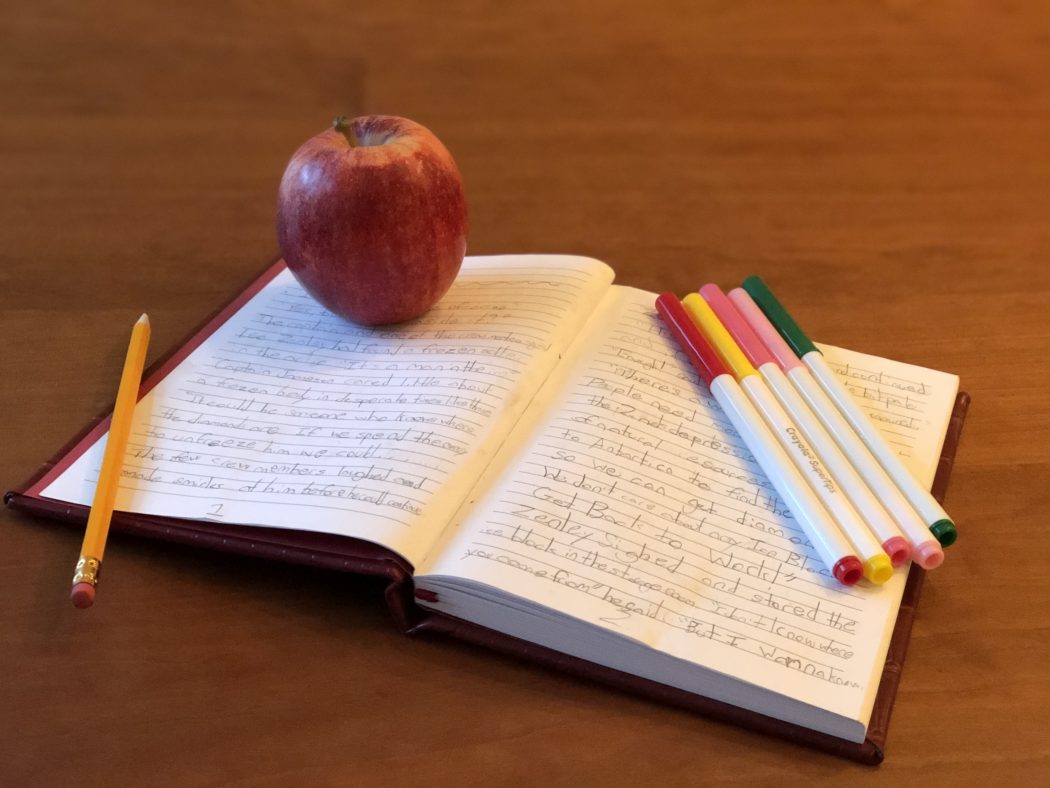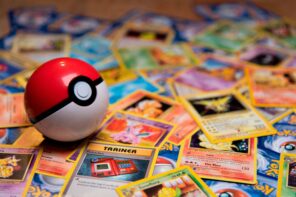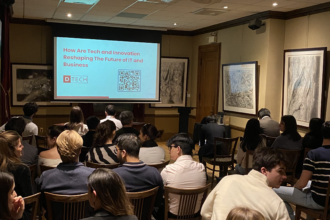Checking in. Are you doing okay? Describe your stress levels on a scale from one to ten.
Amidst cancelled classes and a grim news cycle, it can be easy to feel overwhelmed by the sudden changes that have ruptured campus life. First-year students are leaving their residences much sooner than anticipated. Professors are furiously reworking syllabi to suit a shortened term. In this turbulence, we students turn to trusted methods of stress management — be it baking, exercising, or simply taking deep breaths — to keep us sane as we adjust to these new expectations.
Yet, these methods of self-regulation do not begin when students enter university campuses. On the contrary, educators in Canadian elementary schools are beginning to instill methods of stress management in children from as early as kindergarten. The lessons we learn in early childhood teach us essential skills that we need to cope with life’s later challenges. Thus, early childhood educators are performing some of the most valuable work in the country.
I spoke with Ms. Blum and Ms. Feeny*, two educators in separate Ontario elementary schools. Ms. Blum has over thirty years of experience working in education, and she most recently held the position of Dean of Academic Development at a Thornhill private school. Ms. Feeny is a teacher in a Toronto elementary school. She instructs a variety of kindergarten and elementary school subjects, including science, music, and media literacy.
Over the phone, both women shared with me lessons they have learnt in their careers, as both professionals and students of pedagogy themselves. As educators across the country cope with the myriad adjustments that accompany distance learning, we discussed how there are certain childhood lessons that cannot be skipped.
“The most important thing is to learn how to learn,” shared Ms. Blum. “To learn transferable life skills… We [educators] call them the four ‘Cs’: communication, collaboration, critical thinking, creativity. The importance of early education lays a foundation for life skills. That sets you up for success in your life.”
The building blocks of regulating emotions start really young.
Ms. Feeny echoed many of Ms. Blum’s ideas, especially on the subject of monitoring emotions. She made the case for how early education can foster positive mental health by training children to recognize and control their feelings.
“The biggest [lesson] for me is self-regulation,” enthused Ms. Feeny. “The ability to channel your own emotions, select the correct tools. The building blocks of regulating emotions start really young. Kids recognizing when they’re in the red zone, when they’re really upset. As they grow up, they learn, ‘I’m someone who needs to go for a walk,’ ‘I’m someone who needs five deep breaths,’ ‘I’m someone who needs space…”
Teaching children to effectively cope with stress is a vital skill, especially given recent literature emphasizing the dire condition of young people’s mental health. According to a 2015 survey by The Mental Health of Children and Youth in Ontario (MHCYO) Research Team, 20% of Ontario children and youth cope with a mental health issue. Similarly, the Government of Canada notes that 70% of mental health issues among adults first appear in childhood. These issues take root in us when we are young, and then they sprout and extend their branches outward as we mature.
Another essential trait that both professionals highlighted was resilience. Both Blum and Feeny emphasized the importance of cultivating a sense of perseverance in youth, who may wish to give up when they first encounter tough scenarios.
Ms. Feeny credited psychologist Carol Dweck for coining the idea of a “growth mindset”: the attitude that one’s abilities could improve as one perseveres with a challenge. She discussed how Dweck’s concepts are now being incorporated into classroom curricula. “Kids at the youngest of ages are learning the difference between a fixed and growth mindset,” explained Ms. Feeny. “The fixed mindset is, ‘I can’t do this. It’s so hard.’ The growth mindset is, ‘I can do this. I just need to work harder at it.’” She noted how the growth mindset applies “especially in strands like math.”
There are going to be times when what I have in front of me is tricky…
A rheumy-eyed third-grader bringing her botched long division test home may sound alarms among parents. Yet, Ms. Blum discussed how these early encounters with failure are paramount to a child’s development. “One of the most important skills is the idea of resiliency [sic] or grit.” Her tone softened, as if she was entering the perspective of a child. “There are going to be times when what I have in front of me is tricky, and I have the skills to stick with it, feel a little bit uncomfortable when it’s hard, and not give up. You need an education where you’re taught to fail well.”
Early childhood educators teach young people how to manage stress and push through failure, not just how to properly hold a pair of scissors. Yet, despite early childhood education being vital to shaping us into collected and competent people, society often overlooks the difficulty of educators’ work.
“Teachers wear many hats,” discussed Ms. Feeny. “We are not just providing instruction. We are providing counselling, we are providing medical care. You are working with other adults, so you are also learning to provide professional development. You’re dealing with social work issues… I’ve had to call child services multiple times.”
Ms. Blum expanded upon the emotional exhaustion that often accompanies caring for children. “From the teacher’s point of view, in order to be effective, you need to make this relationship, and it can be very taxing on you. It can be very draining… I think that you can’t quantify in hours or numbers of minutes what a person puts in when they care deeply. Emotionally, [it is] a very demanding job.”
Their job is to channel crucial skills to young minds at a malleable age…
As COVID-19 uproots many aspects of our regular life, we turn to acknowledge those battling on the front-lines of this war. Nurses, geriatric care specialists, and grocery clerks are risking their health every day to keep society in motion, so we can weather through this storm together.
Yet, there also exists another kind of industrious professional, working behind laptops with tired, bloodshot eyes and nursing large mugs of coffee. They are busy carefully condensing curricula into PDFs and trying to translate sensitive story-book lessons into Zoom videos. Their job is to channel crucial skills to young minds at a malleable age, and an international health crisis is making their work more exhaustive than ever.
Ms. Feeny shared what qualities she admires most for a person working in her profession. Without pausing, she declared, “What makes me a good teacher is the care I put into kids. A lot of people overlook going into teaching because they forget that’s such a big part of it.”
__
*The interviewee wished her real name to remain anonymous to protect the privacy of her school board.








